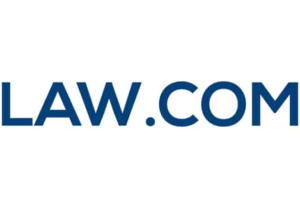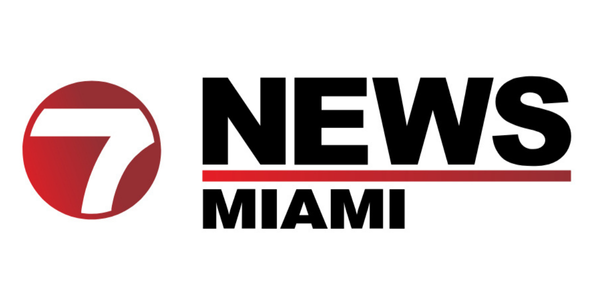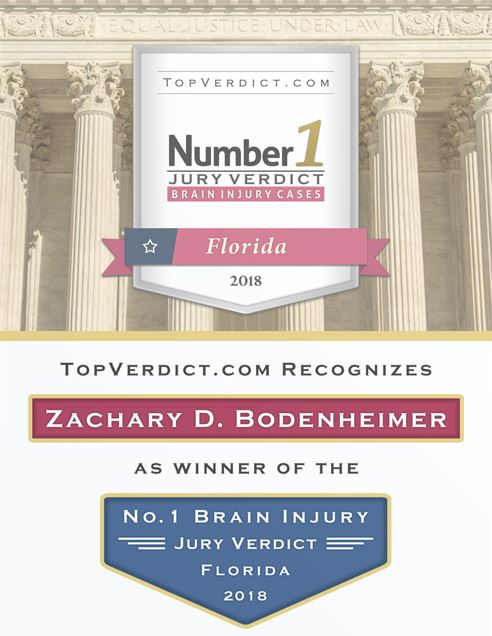- Free Consultation: 305-638-4143 Tap Here to Call Us
Passenger Dies, Three Seriously Injured in Three-Car Crash on I-4 in Hillsborough County
A devastating multi-vehicle accident on Interstate 4 (I-4) near Interstate 75 in Hillsborough County left one man dead and three others seriously injured on Monday afternoon, according to the Florida Highway Patrol (FHP).
The crash occurred around 2 p.m. on October 20, when traffic on westbound I-4 began to slow near the I-75 interchange in Tampa.
According to investigators, the driver of a Ford F-250 pickup truck failed to stop in time and rear-ended a Jeep Cherokee that was slowing for traffic. The impact pushed the Jeep into the back of a Kenworth dump truck, resulting in a violent chain-reaction collision.
The 34-year-old man driving the Jeep sustained serious injuries, along with two passengers — a 32-year-old woman and a 51-year-old woman. A 34-year-old male passenger in the Jeep, however, died from his injuries at the scene.
The Ford driver suffered only minor injuries, while the dump truck driver was unharmed.
The crash caused major traffic delays on westbound I-4 for several hours before troopers cleared the scene.
In most multi-vehicle accidents involving rear-end impacts, liability often begins with the driver who caused the first collision — in this case, the driver of the Ford F-250. Under Florida Statute §316.0895, drivers are legally required to maintain a safe following distance to avoid colliding with the vehicle ahead.
However, when several vehicles are involved, fault may be shared among multiple parties depending on:
- The speed and braking distance of each driver
- Whether any drivers were distracted or impaired
- Road and traffic conditions at the time of the crash
- The actions of other drivers ahead of the initial collision
Florida follows a comparative negligence standard (§768.81, Fla. Stat.), meaning that even if multiple drivers share responsibility, each may still recover compensation proportional to their degree of fault.
Filing a Personal Injury or Wrongful Death Claim
Victims of serious auto accidents — or families of those killed — have the right to pursue compensation for damages under Florida law. Depending on the circumstances, this can involve:
1. A Personal Injury Claim
The survivors of this crash who sustained serious injuries may file claims for:
- Medical expenses (past and future)
- Lost wages and loss of future earning capacity
- Pain and suffering
- Property damage
Under Florida’s No-Fault Insurance Law (§627.736), injured individuals may first use their Personal Injury Protection (PIP) coverage to pay for initial medical costs. However, because PIP is limited to $10,000, victims with significant injuries may pursue a claim against the at-fault driver’s bodily injury liability insurance or file a lawsuit.
2. A Wrongful Death Claim
The family of the 34-year-old male passenger who died can pursue a wrongful death claim under the Florida Wrongful Death Act (§§768.16–768.26).
Compensable damages in a wrongful death action can include:
- Funeral and burial expenses
- Loss of support and companionship
- Emotional pain and suffering for surviving relatives
- Lost income and benefits the deceased would have provided
The personal representative of the deceased’s estate typically brings this claim on behalf of surviving family members.
Step-by-Step Guide: What Families Should Do After a Fatal Crash
Navigating the aftermath of a deadly accident is emotionally devastating and legally complex. Here’s what families should know:
Step 1: Obtain the Official Crash Report
Crash reports from the Florida Highway Patrol are available through the Florida Crash Portal within days of the incident. This report includes key facts such as vehicle positions, witness statements, and the investigating trooper’s findings.
Step 2: Preserve Evidence
Photos, witness contact information, dashcam footage, and vehicle damage records can all serve as crucial evidence in proving negligence and recovering compensation.
Step 3: Seek Medical Documentation
Even minor symptoms after an accident should be medically evaluated. Medical records provide essential proof of injury severity and causation.
Step 4: Contact a Florida Truck and Car Accident Lawyer
Because this crash involved both commercial and personal vehicles, liability and insurance coverage can become complicated. An experienced attorney can identify all potential sources of recovery, including commercial auto policies, umbrella coverage, or uninsured motorist benefits.
Step 5: File Within the Statute of Limitations
Florida law generally allows:
- Two years to file a wrongful death claim
- Two years to file a personal injury lawsuit (per §95.11(4)(d))
Failing to file within this timeframe can bar your right to compensation.
How Truck Accident Claims Differ
This crash involved a dump truck, which may fall under the category of a commercial vehicle. When a commercial truck is involved, multiple parties could bear legal responsibility, including:
- The truck driver
- The driver’s employer or the trucking company
- The company responsible for vehicle maintenance
- Third-party contractors
Under Florida Statute §320.01(26), commercial motor vehicles are those used for transporting property and exceeding 26,001 pounds in gross weight — such as dump trucks. Trucking companies must carry higher insurance limits under federal and state law, providing additional avenues for compensation in wrongful death or catastrophic injury cases.
However, these companies often employ aggressive insurance defense strategies. Having an attorney who understands federal trucking regulations, such as FMCSA hours-of-service rules, can make a substantial difference in maximizing recovery.
Common Causes of Chain-Reaction Collisions
Based on crash reconstruction data, the most frequent causes of multi-vehicle collisions include:
- Distracted driving (e.g., texting, adjusting navigation)
- Speeding or following too closely
- Sudden braking in heavy traffic
- Fatigue or impairment
- Mechanical failures (e.g., faulty brakes or tires)
If a commercial vehicle was involved, a deeper investigation may include reviewing electronic logging devices (ELDs), maintenance records, and driver qualification files to ensure compliance with safety regulations.
At Flanagan & Bodenheimer Injury and Wrongful Death Law Firm, we represent victims of serious crashes across Florida — including multi-vehicle collisions, truck accidents, and wrongful death claims.
Our firm has recovered millions for clients and understands the devastating toll these accidents take on families. We handle every aspect of the legal process, including:
- Accident reconstruction and evidence preservation
- Identifying all liable parties and insurance policies
- Negotiating with insurers and defense counsel
- Filing wrongful death or injury lawsuits in Florida courts
We operate on a contingency-fee basis, meaning you owe nothing unless we recover compensation on your behalf.
If you or your family have been affected by a serious or fatal crash on I-4 or any Florida roadway, contact Flanagan & Bodenheimer Injury and Wrongful Death Law Firm for help.
We will thoroughly investigate your case, explain your legal options, and fight for the justice your loved one deserves.












